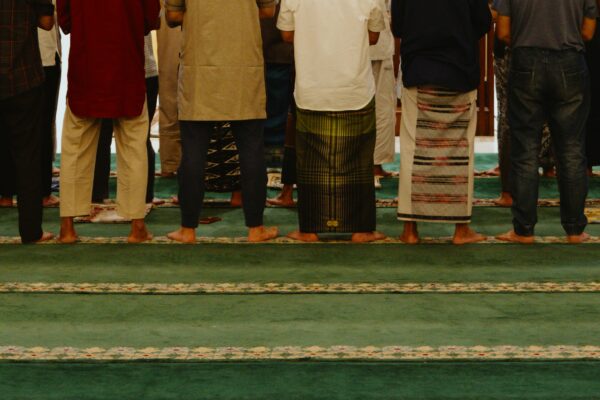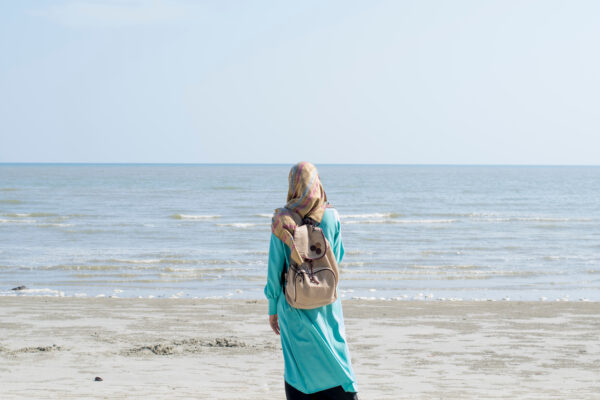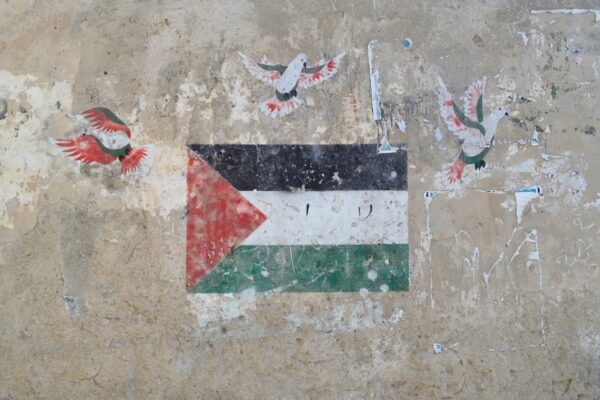Muslims aim to keep serving their local communities before, during and after the storms.
Muslims aim to keep serving their local communities before, during and after the storms.
Alongside the latest updates of NFL Football players taking a knee (which they have a right to do), Hollywood moguls abusing their prestige and Eminem blasting He who must not be named, states such as Texas, Florida and more recently the beautiful U.S. territory of Puerto Rico, along with several other countries have been severely battered by Hurricanes Harvey, Irma, Maria and Nate. Families are in the process of finding pieces of their lives that have been blown away. I was born and raised in Florida, and so when I received word that my family would be sitting through Irma, I immediately began to think of the category 5 Hurricane Andrew that destroyed South Florida in 1992. Would this be a repeat, a form of punishment from God for all the Miami vices? There is one Godsend that we all might be able to agree upon, that is, that irrespective of our faith backgrounds, people have come together to benefit each other in their most desperate time of need.
One such community that has been instrumental in the Texas and Florida communities, and now even for Puerto Rico, is the Muslim community. For many, this must seem antithetical to what we often hear about Islam (this includes us as Muslims). How is it that a mosque mere minutes away from Disney world was a shelter during Hurricane Irma? How is it that a Muslim relief organization like ICNA Relief is out clearing debris with young Muslim women at the helm (aren’t women supposed to be oppressed and at home)? How is it that Muslims are crowdfunding for affected individuals in Puerto Rico who are of no relation to them? Aren’t we supposed to be out there trying to convert the world, is that the reason as to why we are putting up this facade of helping people?
A year ago, I sat in an empty room beside an older man, he was short in stature, with a dark complexion hailing from West Africa. The room was shaded by blinds that flapped due to the fan spinning desperately trying to cool us both off in the Cairo heat. If anyone saw us, they would have thought I was preparing to take orders from this ancient sage clad in a long Arab thobe. I sat attentively at his feet awaiting his words, my heart like a plant desperately in need of droplets of water to survive the harsh summer. This man that many call Shaykh was about to advise me. His first words were:
“Islam is a path of service.”
I had heard these words before, but he said it with so much authority, so much love and with so much sincerity that it felt like the first time I had heard them. He proceeded to command me to give of myself without expecting anything in return, telling me of the verse in the Holy Quran in which God speaks of those who feed the hungry, an act that they do without seeking anything aside from the pleasure of the Divine. He stressed the importance of a Muslim being a person that continually looks for the opportunity to relieve their fellow brothers and sisters in humanity from any type of harm.
I think back on those words from the Shaykh and then I look at the Muslim community of America and I’m reminded of a single objective: God. You are a people who have been grappling with misrepresentation, people who live in fear of backlash whenever a terrorist attack occurs – even though we suffer the most from them. Men and women who have become the cream of the crop in our careers as professors, babysitters, doctors, truck drivers and janitors, giving our all and hoping to one day be accepted by the masses. But no matter how much we seem to do, there is still graffiti on our mosques, there are whispered insults in the grocery store and our children continue to be berated by others in school. Yet, despite the emotional pain, groups like the Islamic Society of Greater Houston opened those same mosques that are said to host radical teachings and turn them into shelters for the needy during the hurricanes. Regardless of the harsh words we receive, we are still volunteering to clean up debris and will continue responding to remote portions of the states even after Hurricane Maria comes and goes. Sometimes these remote locations are the homes of some of the most hostile individuals against Islam, but nonetheless, we serve a higher purpose.
But we are also reminded by God that He created all of us in different shapes and sizes, perfected us into our different races and ethnic backgrounds for a single purpose, for us to get to know one another. Ultimately my job is to remember that despite our apparent differences, I, the son of Jamaican immigrants have the same roots that you have, it’s just that ancestry.com might not go that far back.
While no one wishes for natural disasters to come and to sweep away whole neighbourhoods and destroy decades and sometimes centuries old memorabilia, these events do happen and they are an opportunity for many of us to look past what separates us. In one of the busiest Hurricane seasons the United States has seen in years, we can find solace and benefit even in destruction, because with it comes the opportunity to rebuild. When examined carefully one will find peace and moments where the humanity in those around them is manifested. Moments where the same people you thought you hated, or you thought hated you, simply haven’t had the opportunity to express their love. Moments where some realize their hatred was misplaced, that the world had been too focused on the negatives when there were positives laying all around. There is an eye in every storm, a place of clarity and peace and despite the goings-on of the world around us, all of us deserve some respite. The Muslim community has a goal in mind, to worship the Divine and to do so by serving the creation and regardless as to how others may feel about it, no amount of insults, hatred, or travel bans is going to stop us from spreading that love. We will keep serving even after the storms.
by Arthur Richards





